China’s Space Cowboys Take Aim at Global Leadership
(NewsUSA) - The new captains of China’s growing space industry are riding the new wave of a hybrid technology ecosystem that combines the size and infrastructure of large, state-owned space-oriented businesses and the nimble innovation of startups, according to a new report from the Special Competitive Studies Project (SCSP), a nonprofit and nonpartisan initiative with a goal of making recommendations to strengthen America's long-term competitiveness in AI.
- The new captains of China’s growing space industry are riding the new wave of a hybrid technology ecosystem that combines the size and infrastructure of large, state-owned space-oriented businesses and the nimble innovation of startups, according to a new report from the Special Competitive Studies Project (SCSP), a nonprofit and nonpartisan initiative with a goal of making recommendations to strengthen America's long-term competitiveness in AI.
In the report, analysts David Lin and Eileen Chen reviewed key features of China’s evolving space program, and some notable traits of the “space cowboys” driving the industry into the future.
The Industry
China’s current space industry includes state-owned enterprises (SOEs) and private companies. Of the top 25 space companies assessed in the SCSP report, 8 were SOEs and 17 were a mix of state and private ownership. Most of the private companies appeared after the industry was opened to private investment in 2014.
Notably, many of China’s top space companies have close ties to the People’s Liberation Army, according to the report. “This cross-pollination is increasingly structural rather than incidental, reflecting Beijing’s push to implement its military-civil fusion (MCF) strategy – to more seamlessly integrate private sector innovation into national military capabilities – an initiative that has raised alarm bells in Washington,” the authors wrote.
On a general level outside of military applications, China’s top space companies are focusing on two objectives: developing reusable launch vehicles and deploying low earth orbit (LEO) satellites, according to the report. However, data show that other startups are developing other space-based applications such as in-space advanced manufacturing, space-based data centers, infrastructure, and space positioning technologies.
The Players
Most of the top leaders of the current Chinese space industry boom were born in the late 1970s or early 1980s, putting them at career peaks in in 2014. Most have academic or technical backgrounds vs. entrepreneurial or market-driven credentials. The SCSP report identified two types of executives among the Chinese space cowboys: the Academic Founder and the SOE Veteran. “Notably, an overwhelming majority of leaders conform to both archetypes, indicating that the ideal talent has expertise in both spaces,” the authors wrote.
The common technocratic lineage among much of China’s space industry leadership supports a space sector that is commercially driven and strategically focused in a way that could challenge U.S. leadership in the space industry in the next few decades, the report concludes.
Visit scsp.ai to learn more and to access the full report.

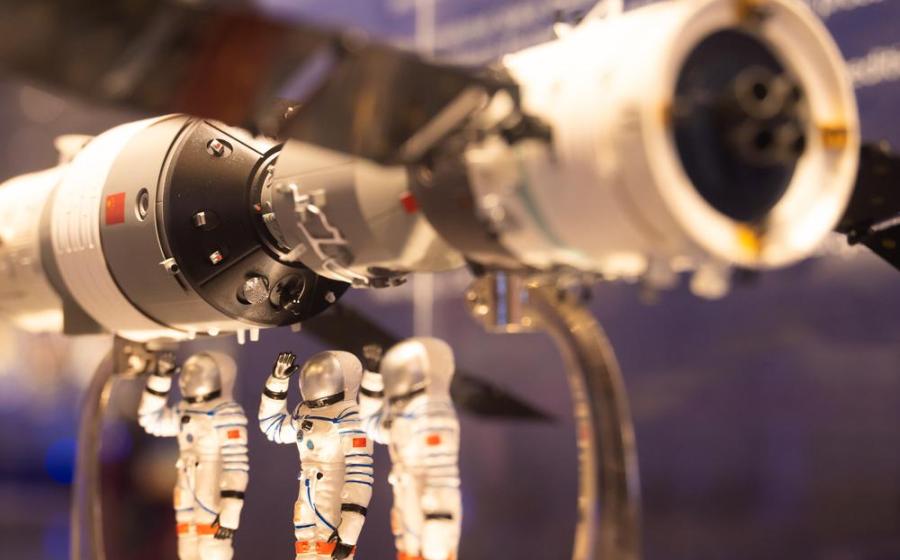
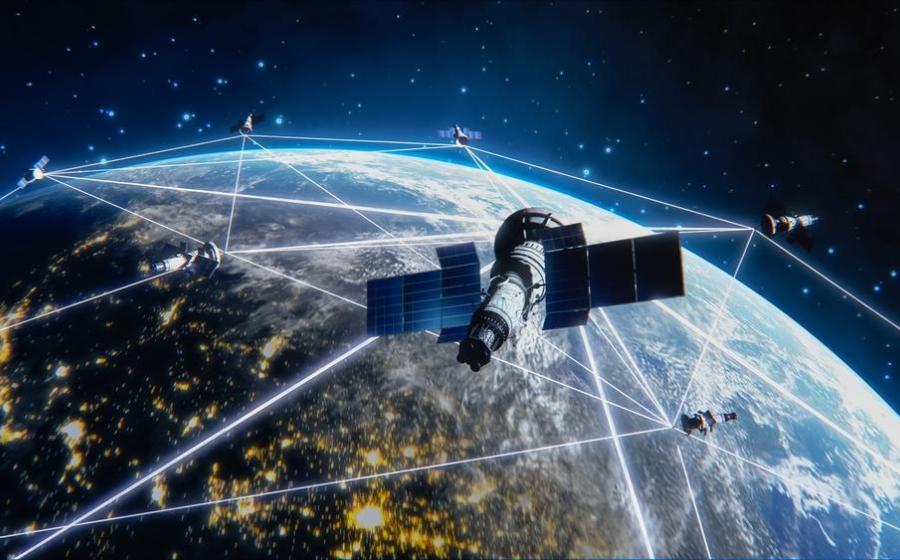
 - Artificial intelligence is poised to be a game-changer in managing the increasingly congested and potentially contested domain of space, from Earth’s orbit to the Moon and beyond, according to a new podcast from the Special Competitive Studies Project (SCSP), a nonprofit and nonpartisan initiative with a goal of making recommendations to strengthen America's long-term competitiveness in AI.
- Artificial intelligence is poised to be a game-changer in managing the increasingly congested and potentially contested domain of space, from Earth’s orbit to the Moon and beyond, according to a new podcast from the Special Competitive Studies Project (SCSP), a nonprofit and nonpartisan initiative with a goal of making recommendations to strengthen America's long-term competitiveness in AI.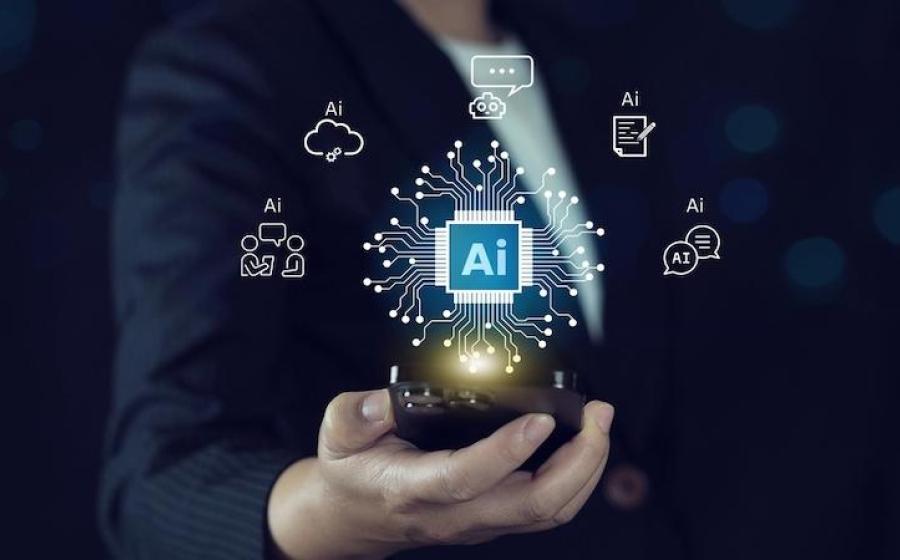
 - Emerging sophisticated artificial intelligence (AI) is poised to drive the most profound changes to the world of spy craft since the advent of the internet, according to experts at the Special Competitive Studies Project (SCSP), a nonprofit and nonpartisan initiative with a goal of making recommendations to strengthen America's long-term competitiveness in AI.
- Emerging sophisticated artificial intelligence (AI) is poised to drive the most profound changes to the world of spy craft since the advent of the internet, according to experts at the Special Competitive Studies Project (SCSP), a nonprofit and nonpartisan initiative with a goal of making recommendations to strengthen America's long-term competitiveness in AI.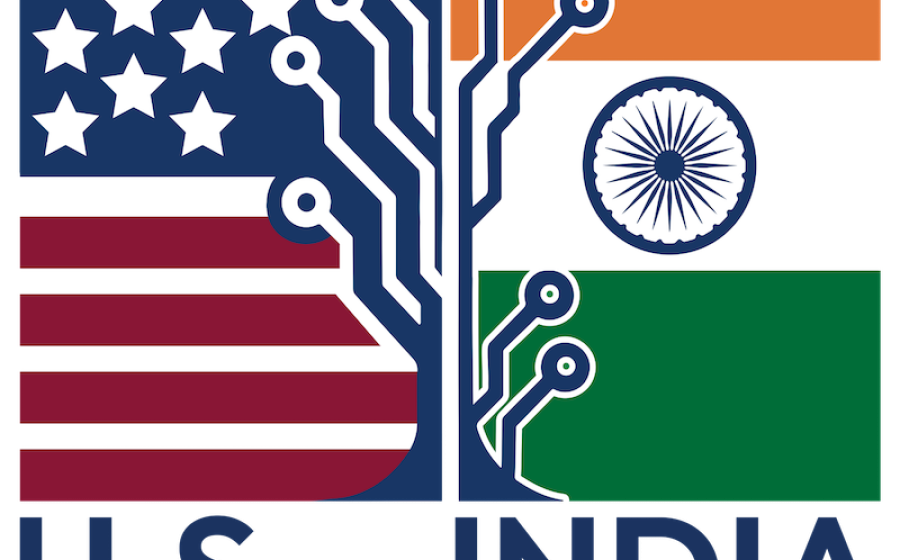
 - The United States and India sit front and center in the global emerging technology competition, and a recent meeting have sparked promising collaboration.
- The United States and India sit front and center in the global emerging technology competition, and a recent meeting have sparked promising collaboration.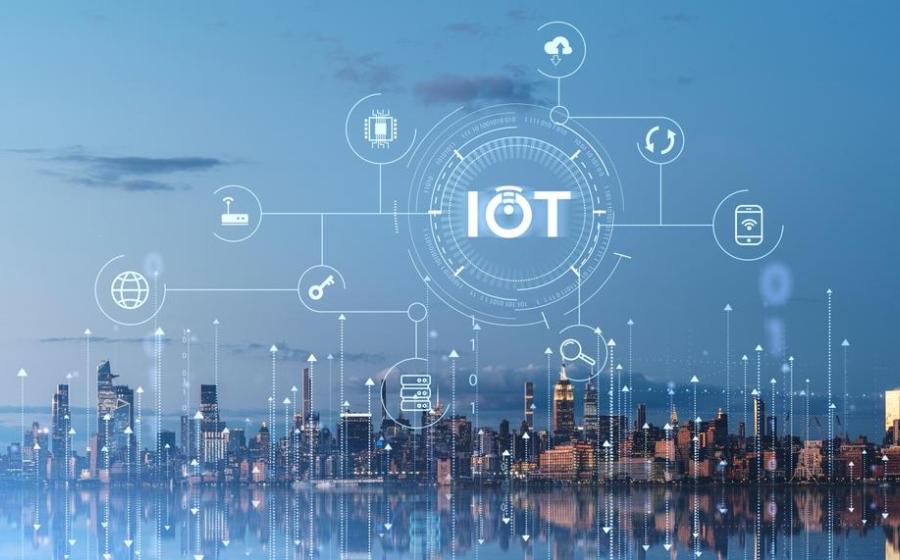
 - Until now, one of the most widely used Internet of Things (IoT) networks has operated quietly behind the scenes, powering smart cities, tracking shipments, and protecting public spaces. For years, it has connected the world around us and now, the same technology that powers smart cities is starting to enter your home.
- Until now, one of the most widely used Internet of Things (IoT) networks has operated quietly behind the scenes, powering smart cities, tracking shipments, and protecting public spaces. For years, it has connected the world around us and now, the same technology that powers smart cities is starting to enter your home.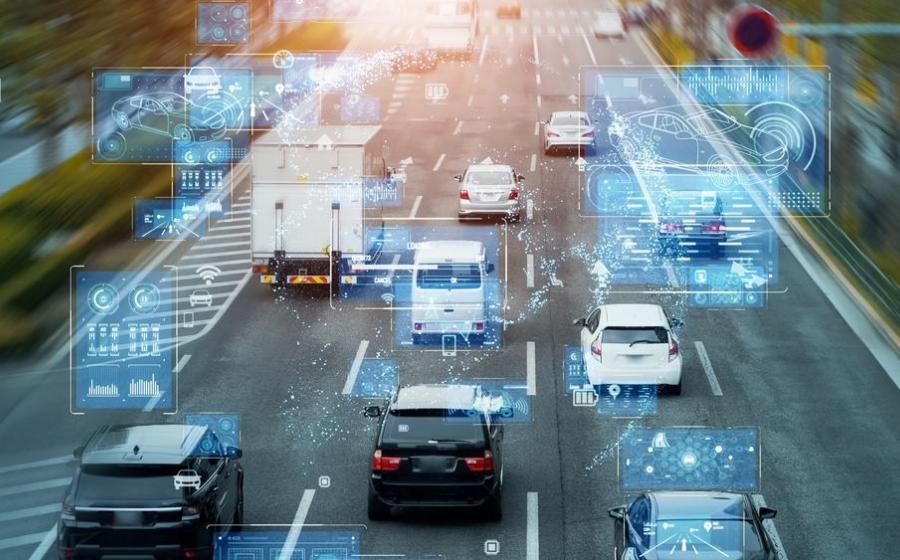
 - As autonomous vehicles (AV) continue to evolve, consumers may be on the cusp of a new age of autonomous mobility, according to experts at the Special Competitive Studies Project (SCSP), a nonprofit and nonpartisan initiative with a goal of making recommendations to strengthen America's long-term competitiveness in AI.
- As autonomous vehicles (AV) continue to evolve, consumers may be on the cusp of a new age of autonomous mobility, according to experts at the Special Competitive Studies Project (SCSP), a nonprofit and nonpartisan initiative with a goal of making recommendations to strengthen America's long-term competitiveness in AI.
 - Obscure lawsuits don’t just hurt corporations—they can hit consumers’ wallets and limit their choices.
- Obscure lawsuits don’t just hurt corporations—they can hit consumers’ wallets and limit their choices.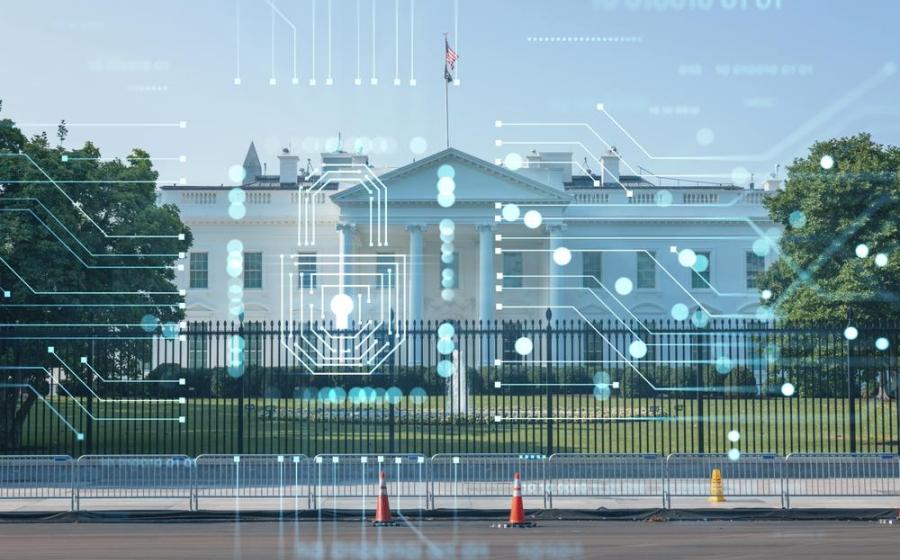
 - The federal government’s release of America’s AI Action Plan marks the most consequential artificial intelligence policy development of the current administration to date, according to experts at the Special Competitive Studies Project (SCSP), a nonprofit and nonpartisan initiative with a goal of making recommendations to strengthen America's long-term competitiveness in AI.
- The federal government’s release of America’s AI Action Plan marks the most consequential artificial intelligence policy development of the current administration to date, according to experts at the Special Competitive Studies Project (SCSP), a nonprofit and nonpartisan initiative with a goal of making recommendations to strengthen America's long-term competitiveness in AI.
 - Commercial auto insurance and fleet safety are meeting the demands of modern-day risk management by analyzing telematics, but more work is needed to optimize this information and put it into action in the industry, according to results of a new report from SambaSafety, the leading provider of cloud-based driver risk management solutions.
- Commercial auto insurance and fleet safety are meeting the demands of modern-day risk management by analyzing telematics, but more work is needed to optimize this information and put it into action in the industry, according to results of a new report from SambaSafety, the leading provider of cloud-based driver risk management solutions. - From safer football helmets to groundbreaking laws that protect inventors, this year’s Intellectual Property Owners Education Foundation (IPOEF) award winners prove that one idea, when protected, can change everything.
- From safer football helmets to groundbreaking laws that protect inventors, this year’s Intellectual Property Owners Education Foundation (IPOEF) award winners prove that one idea, when protected, can change everything.




